While we as a country, struggle everyday to make life for women safer, there still remain so many unimaginably devious layers to the exploitation the women of India go through. Meet the Perna community that lives on the outskirts of Delhi where a form of inter-generational prostitution is practised freely, reported Pacific Standard.
Yes, women of this community expect to be prostituted by their husbands since they’re young. And sure enough, that is exactly the well-worn path their lives take.
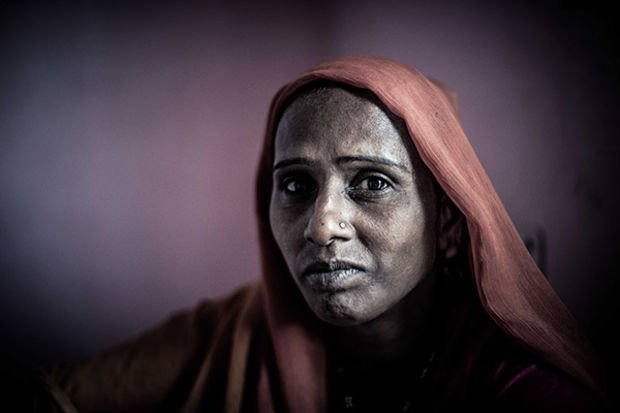
Someone like Rani, a resident of Dharampura and a Perna woman, has made peace with her routine going to prostitute herself at 2.00 am, servicing as many as five customers on a good night, trying to avoid cops the whole time because instead of providing her protection, they demand free sex and take all her money. She returns home at around 7.00 am, makes her six children and her husband breakfast and gets a few hours of sleep.
When Rani thinks back to the day she was married, and how two years after that, she became her husband’s prostitute, she says, “I knew it would happen, it’s very normal,” she said. “I do it to earn for my family.
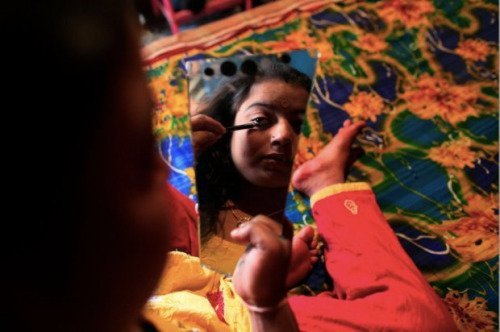
“It happens to every girl,” says Horbai, another Perna woman. “You get used to it.” She was training to be a tailor when her parents died and she was married off to a stranger by her relatives – who also went on to push her into prostitution to help support the family. And when her husband died, with no other form of income she was forced by circumstances to join the other Perna women in prostitution. But Horbai is happy that her pimp outlived her husband.
“Maybe if my husband was alive, my daughters would be restricted,” Horbai said. On her own, she’s able to support her family and send her children to school. “So I’m happy for them, but not myself.”
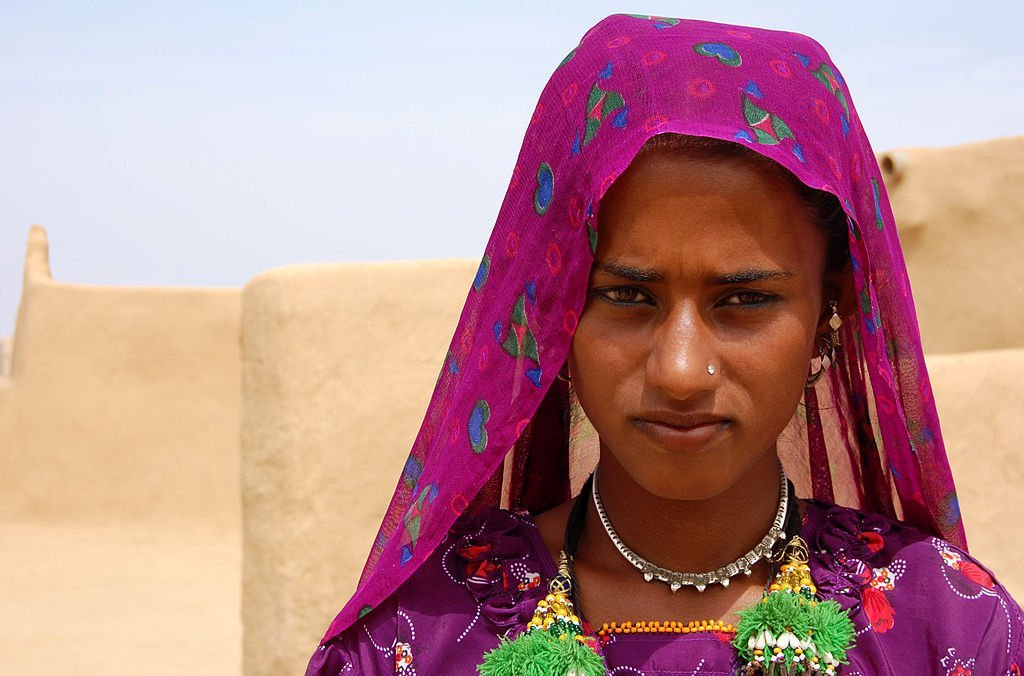
The fact is that while most of them have learned to say that the sex is consensual, they are adamant that they don’t want their daughters to follow in their stead. “That’s why I want them to be educated,” she said.
Unfortunately, the Perna women have little to no control over their daughters’ lives after they are married, usually at a tender age.
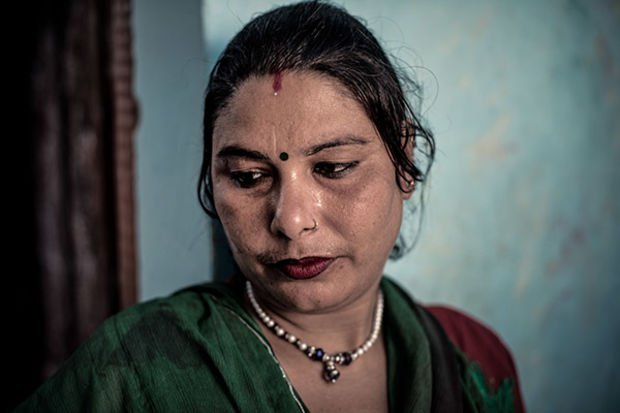
A Perna settlement in Nepal with no roads within two hours of travel, somehow had a thriving system in place that supplied young girls to agents in Kolkata and Mumbai who’d sell them to pimps.
The pimps gave them to brothel managers for “seasoning” – repeated rape – and the girls were then kept in bonded labour, expected to service 10 or more customers a night for an average of ₹200 each.
“If rape happens in Delhi, everyone gets excited,”… “But these women are raped every day.”
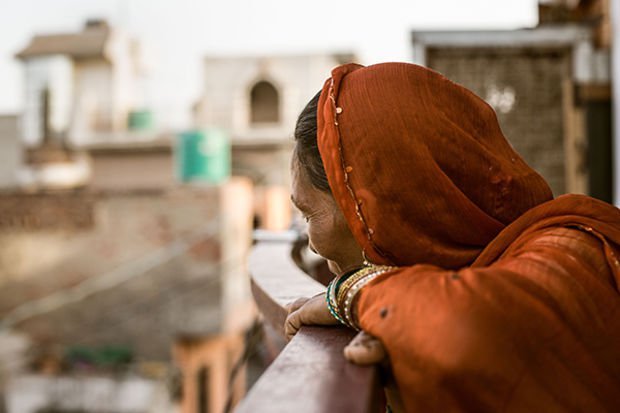
Large parts of the modern world’s population fight to make adult prostitution legal, saying that a woman should have the choice to make a living however she pleases. Meanwhile, Abhilasha Kumari of Apne Aap, a non-profit advocacy organisation, raises a simple question:
“If you are forced into sex work when you’re 10 years old and then told you can’t leave, exactly what choice are you exercising?”
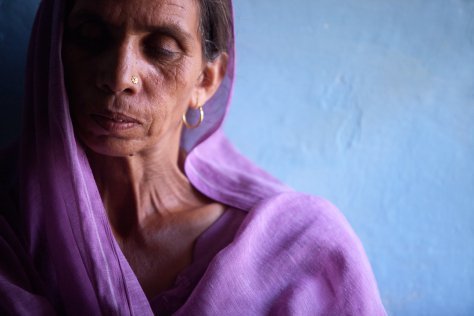
“Women in India are in danger from the time they are conceived until the time they die,”… “They could be victims of sex-selective abortion, if they are born they may be left out to die, if they survive they’ll get less food than their brothers, be pulled out of school to help with chores at home, be married early, risk death during pregnancy, be sold into prostitution, or die begging as widows.”
With the faint, abstract concept of hope hiding somewhere in their hearts, women like Rani and Horbai accept their present and look to the future – and simply pray that their daughters get more from life than they did.
Once the dust settles after we’ve “celebrated” Women’s Day, let us take a long, hard look at what it really means to be a woman in India.

















